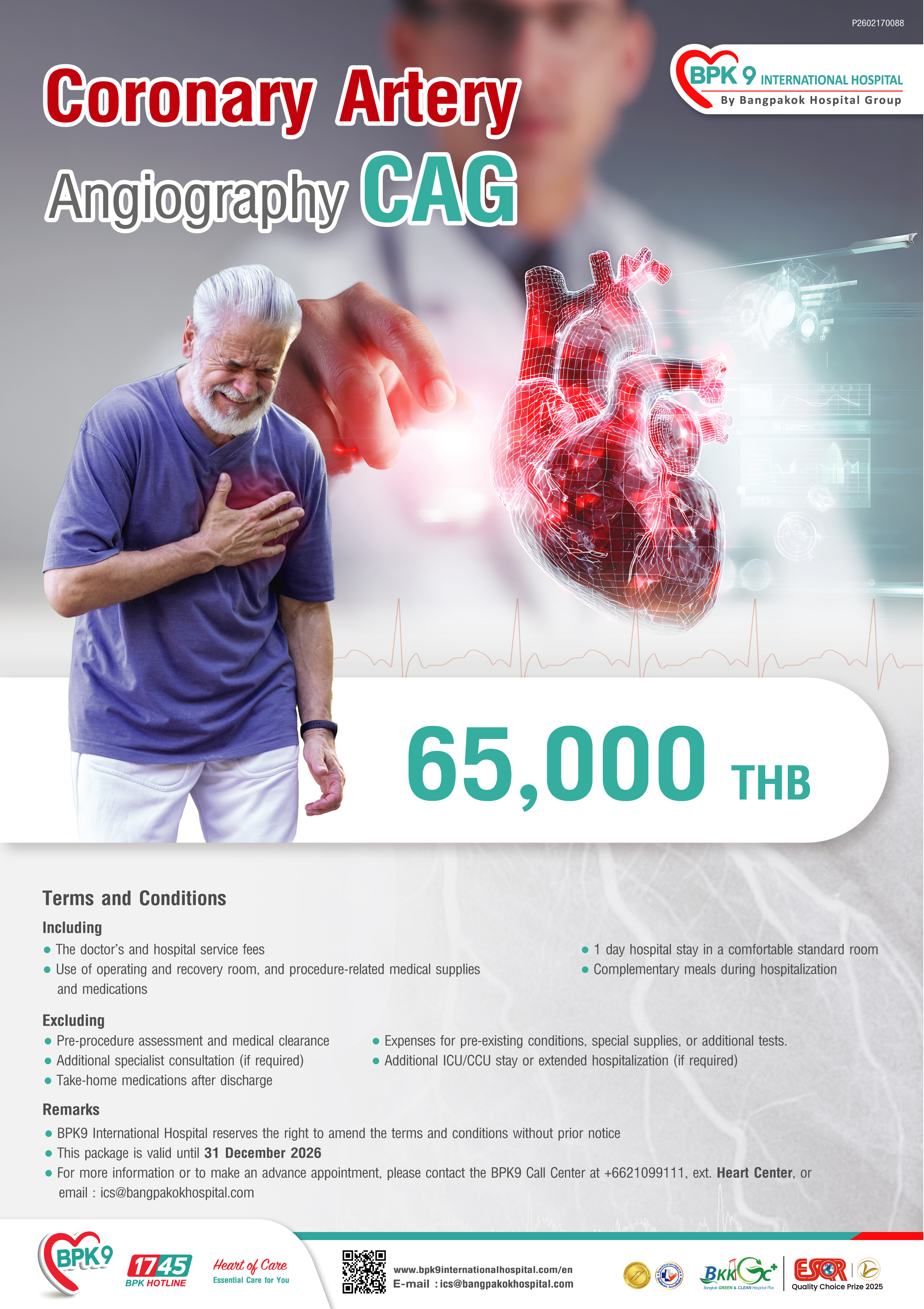Coronary Artery Angiography (CAG)
 Coronary Artery Angiography (CAG)
Coronary Artery Angiography (CAG)
Coronary Artery Angiography is a vital diagnostic procedure used to examine the blood vessels that supply the heart. It helps detect blockages, narrowing, or structural issues that can lead to serious heart conditions. This minimally invasive test is considered the gold standard for diagnosing coronary artery disease.
What Is Coronary Artery Angiography?
During the procedure, a thin, flexible catheter is inserted through an artery in the wrist or groin and guided to the coronary arteries. A contrast dye is injected, and real-time X-ray imaging (fluoroscopy) captures detailed views of the arteries.
This allows cardiologists to clearly see:
- The degree of narrowing or blockage
- Location and length of affected artery segments
- Blood flow and vessel structure
- Previous stents or bypass grafts (if any)
The procedure is usually performed under local anesthesia with light sedation in a cardiac catheterization lab.
Benefits of Coronary Artery Angiography
✔ High Diagnostic Accuracy
Provides a clear visualization of blood vessels, making it the most reliable method to assess coronary artery disease.
✔ Supports Immediate Intervention
If a serious blockage is detected, cardiologists may perform angioplasty or place a stent during the same session.
✔ Helps Prevent Heart Attacks
Early detection and treatment of artery blockages significantly reduce the risk of heart attacks and complications.
✔ Personalized Treatment Planning
Results guide doctors in choosing between medication, stenting, lifestyle modification, or bypass surgery.
✔ Symptom Relief
Treating blockages can reduce chest pain, shortness of breath, and fatigue, improving overall quality of life.
Who Should Consider this CAG?
A cardiologist may recommend this test if you:
- Have chronic or unexplained chest pain (angina)
- Show abnormal ECG, echocardiogram, or stress test results
- Experience shortness of breath, dizziness, or fatigue during activity
- Have symptoms of a possible heart attack (emergency evaluation)
- Have known coronary artery disease and worsening symptoms
- Previously had stent placement or bypass surgery, and need follow-up
You may also be a good candidate if you have multiple risk factors, such as:
- High blood pressure
- High cholesterol
- Diabetes
- Smoking
- Family history of heart disease
- Sedentary lifestyle or obesity
How to Prepare for the Procedure
Your doctor may recommend:
- Fasting for 6–8 hours before the test
- Reviewing medications such as blood thinners, diabetes drugs, or anticoagulants
- Blood tests to check kidney function and clotting
- Informing your doctor if you:
- Are pregnant or breastfeeding
- Have allergies, especially to iodine or contrast dye
- Have kidney disease or bleeding disorders
Is It Safe?
Coronary angiography is a common and generally safe procedure when performed by experienced cardiologists. However, as with any medical procedure, there are small risks, including: bleeding or bruising at the catheter site and allergic reaction to contrast dye. Your care team will monitor you closely before, during, and after the procedure.
Recovery and Aftercare
Most patients can return home the same day or after a short hospital stay. Post-procedure care may include:
- Rest and limited movement of the wrist or groin area
- Drinking plenty of water to flush out the contrast dye
- Avoiding heavy lifting for 24–48 hours
- Monitoring for pain, swelling, or bleeding at the insertion site
Seek medical attention if you experience severe pain, fever, persistent bleeding, or changes in sensation in your limb.
Coronary Artery Angiography is a powerful diagnostic tool that helps identify heart artery blockages early and accurately. It plays a crucial role in preventing heart attacks, guiding treatment, and improving long-term heart health.
If you're experiencing symptoms or have risk factors for heart disease, your cardiologist may recommend this procedure as an important step toward protecting your heart.
Heart of Care, Essential Care for you

